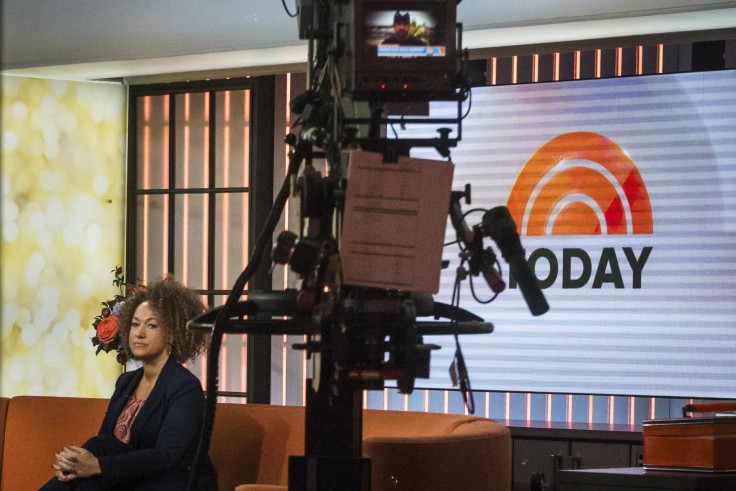Does Rachel Dolezal Love Twitter? Views On Social Media Changed After Racial Identity Scandal

Monday marks Twitter’s 10th birthday, but it’s apparently not exactly an occasion Rachel Dolezal is eager to celebrate.
In a brief interview with the New York Times published Monday, Dolezal discusses how last year’s racial scandal over whether she is biologically black or white has changed her relationship with social media. The 38-year-old former college professor was widely shamed on Twitter and other social media platforms after it was reported last June that she had misrepresented her race on an application to serve on a public police oversight committee in Spokane, Washington.
Dolezal called her first experience with Twitter “positive,” particularly before the racial identity scandal became a nationwide news item. “It felt good to be able to have a platform for networking with others globally around shared goals, causes and interests,” she wrote in the op-ed. “I saw Twitter as a tool for education, awareness and networking — a platform that could organize activism and positive change.”
Academia should agree w/Walker. When I wrote4 a newspaper, I tired of editors uncapitalizing the B in my articles https://t.co/zYieApbMgK
— Rachel Anne Dolezal (@RachelADolezal) March 9, 2016
Dolezal, who taught classes about racial identity and the African-American experience at Eastern Washington University, was also president of Spokane’s NAACP chapter when the scandal broke. Although she has denied claims that she knowingly lied about being black and about who her parents are, Dolezal sparked a national conversation about cultural appropriation. The term refers to a dominant or majority segment of society co-opting a cultural practice or expression of a less dominant or minority group.
“My experience changed when my personal life and identity came under such fierce media scrutiny last summer,” Dolezal wrote. “In the wake of negative press, my relationship with Twitter switched instantly from love to hate. What once was a casual and positive place to go online became a space where I was mocked, bullied and even threatened.”
Despite the experience, she has a measured view of the social media platform now. “Twitter is as good as the people who use it,” Dolezal wrote in the op-ed. “I see Twitter as a neutral tool, not inherently good or bad itself. It can be used to carry empowering or destructive messages. Twitter isn’t going to be good to us; it’s up to us to bring a larger dose of humanity back to Twitter.”
Correction, March 21, 2016, 12:30 p.m. EDT: An earlier version of this story incorrectly referred to a New York Times story as an op-ed. It is actually a news article that featured a number of interviews, including one with Rachel Dolezal. The story and headline have been corrected to reflect these facts.
© Copyright IBTimes 2025. All rights reserved.






















